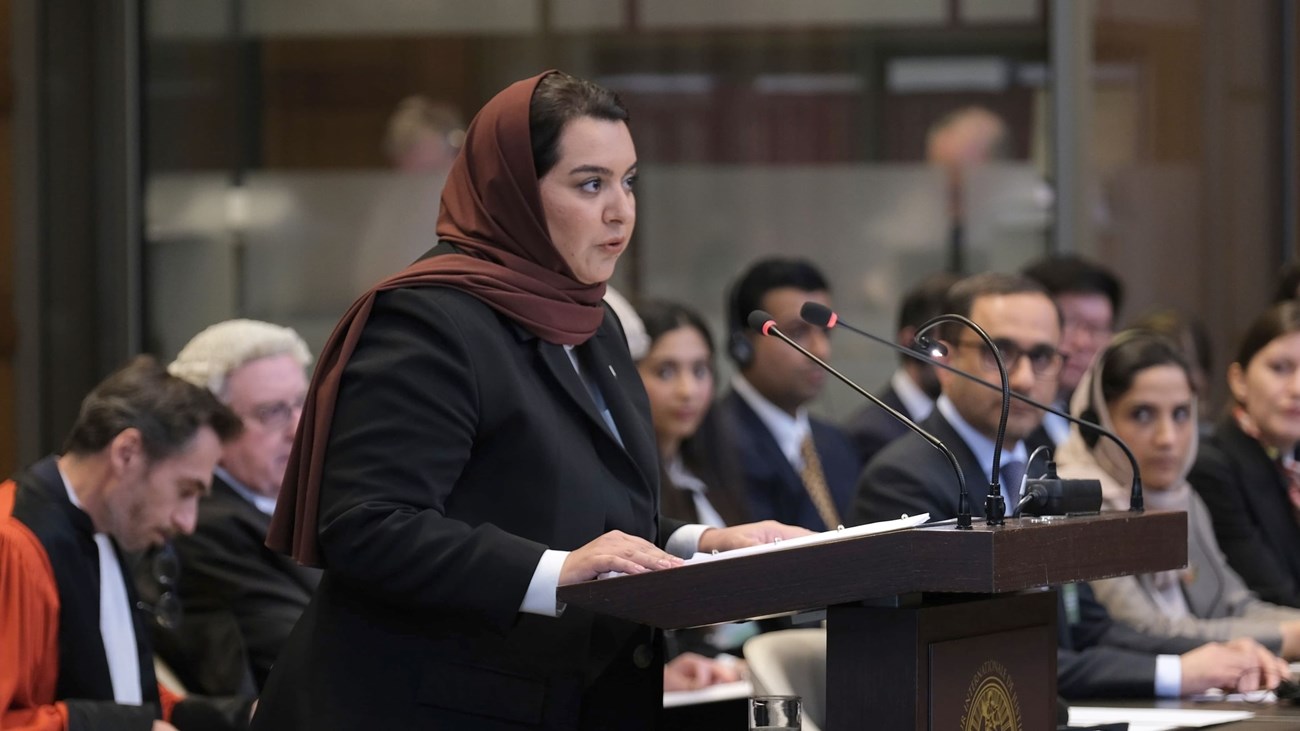At the International Court of Justice, the United Arab Emirates has vehemently refuted Sudan’s accusations, calling them “misleading” and “pure fabrications.” With the UAE rejecting the charges as irrational and politically driven attempts to bend international law to suit its own interests, the high-stakes legal dispute has attracted international attention.
The adamant claim that the ICJ lacks jurisdiction to hear the case forms the basis of the UAE’s legal defence. Sudan’s complaint does not meet the legal requirements for the court to intervene, according to Emirati representatives, who also suggested that the filing is merely symbolic rather than significant.
This rebuttal coincides with growing diplomatic tensions between the two countries, which are based on accusations of foreign meddling in Sudan’s internal conflict as well as larger regional disputes. The United Arab Emirates maintains that it operates entirely within the parameters of international diplomacy and humanitarian responsibility, and it has continuously denied any wrongdoing.
Global legal experts and political observers are awaiting the ICJ’s decision, which could establish a precedent for the treatment of jurisdictional claims in cases involving international conflicts, as the court begins its deliberations. The UAE is steadfast in its position for the time being, demanding facts, justice, and legal integrity in the proceedings.









